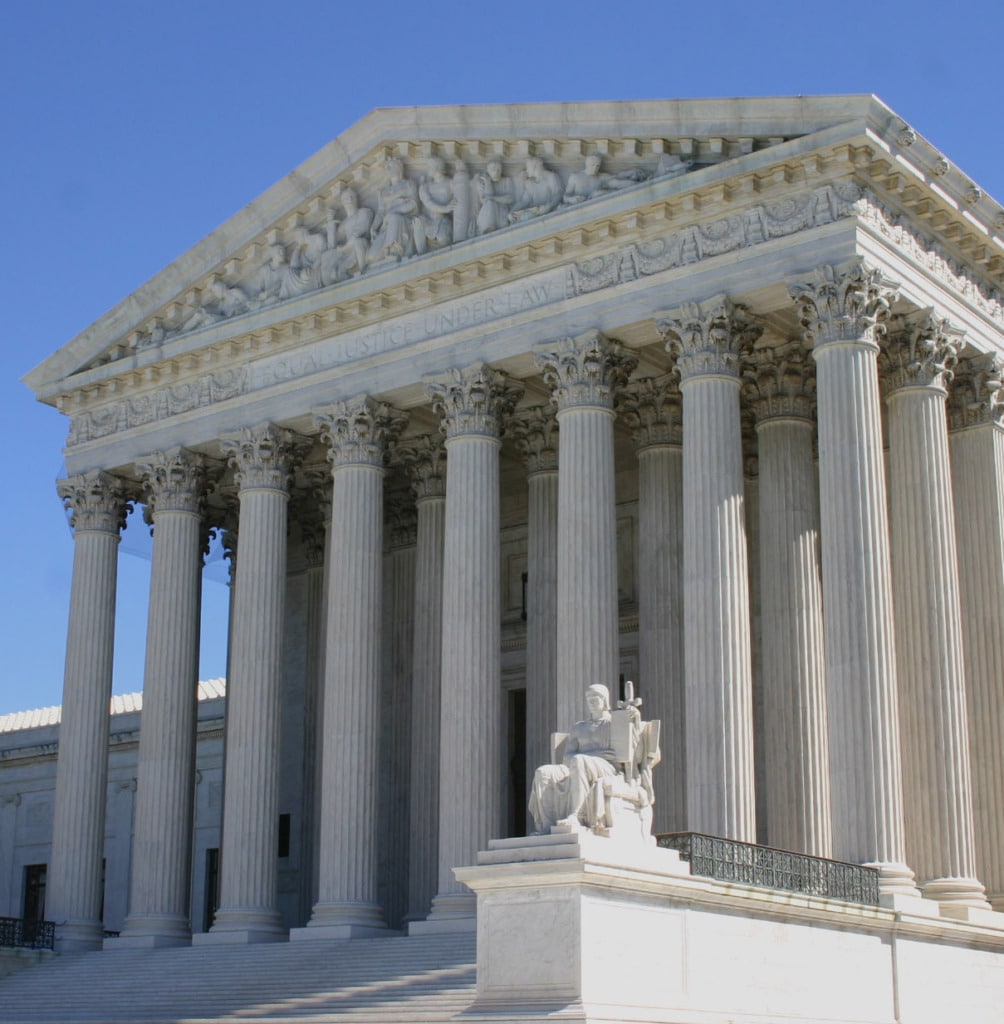Will the Supreme Court Resolve the Circuit Split on the Geographic Scope of Wire Fraud Statute?
The federal wire fraud statute is a workhorse for federal prosecutors. In 2021, there were more than 4,500 federal prosecutions for fraud, theft, or embezzlement, constituting 8% of federal criminal cases. The wire fraud statute is particularly important in transnational fraud cases, because communicating with people in the United States using U.S. wires is considered…
Continue ReadingThe New (Old) Presumption Against Extraterritoriality
The reach of U.S. law keeps changing. For decades—in fact, off and on for more than a century—U.S. courts have turned to the presumption against extraterritoriality to determine the geographic scope of federal statutes. When the presumption changes, so does the reach of U.S. law. And the presumption has changed a lot lately. Most recently,…
Continue ReadingA Primer on Foreign State Compulsion
Foreign state compulsion (also called foreign sovereign compulsion) is a doctrine allowing a U.S. court to excuse violations of U.S. law or moderate the sanctions imposed for such violations on the ground that they are compelled by foreign law. The doctrine arises most often when foreign law blocks compliance with U.S. discovery requests and in…
Continue ReadingNinth Circuit Applies New Supreme Court Interpretation of RICO’s Geographic Scope
On August 11, 2023, the Ninth Circuit became the first lower court to apply the new test for “domestic injury” under RICO that the Supreme Court announced in Yegiazaryan v. Smagin (2023). In Global Master International Group, Inc. v. Esmond Natural, Inc., the Ninth Circuit held that a Chinese company stated a valid civil RICO…
Continue ReadingWhy Terrorism Exceptions to State Immunity Do Not Violate International Law
[Editor’s Note: This post also appears at Just Security.] On June 27, 2023, Iran sued Canada at the International Court of Justice (ICJ), arguing that the terrorism exceptions in Canada’s State Immunities Act (SIA) violate customary international law. As Professor Maryam Jamshidi noted at Just Security, it seems that the main target of Iran’s action…
Continue ReadingEnforcing U.S. Securities Judgments Against Chinese Companies
Robin Hui Huang and Weixia Gu have an interesting paper up on SSRN about enforcing foreign securities judgments in China. In China’s Recognition and Enforcement of Foreign Securities Judgments Against Overseas-Listed Chinese Companies, they note that private securities litigation against Chinese companies in U.S. courts is increasing. But most Chinese companies listed in the United…
Continue ReadingSupreme Court Roundup (October Term 2022)
During its 2022 Term, which ended four weeks ago, the Supreme Court decided five cases with important implications for transnational litigation. The questions included whether the Foreign Sovereign Immunities Act (FSIA) applies to criminal proceedings; the standard for aiding and abetting under the Anti-Terrorism Act (ATA); whether states may exercise general personal jurisdiction over foreign…
Continue ReadingNinth Circuit Allows Human Rights Claims Against Cisco to Proceed
There may yet be life in the Alien Tort Statute (ATS). The Ninth Circuit recently held, in Doe I v. Cisco Systems, Inc., that Chinese practitioners of Falun Gong could go forward with claims of aiding and abetting human rights violations against Cisco Systems, which designed and built a surveillance system for the People’s Republic…
Continue ReadingWhen Is International Law a Political Question?
In a provocative essay posted on SSRN, The Political Question Doctrine and International Law, TLB Advisor Curt Bradley looks at the historical relationship between the political question doctrine and international law, arguing that “the political question doctrine emerged in part to allow the political branches, rather than the courts, to make determinations about this country’s—and…
Continue ReadingSupreme Court Holds that Trademark Statute Applies Only to Domestic Conduct
Last week, in Abitron Austria GmbH v. Hetronic International, Inc., the Supreme Court held that the federal trademark statute—known as the Lanham Act—applies only to domestic conduct infringing U.S. trademarks. The case involved foreign companies that put U.S.-protected trademarks on products that they made in Europe, most of which were sold to customers abroad, but…
Continue Reading







